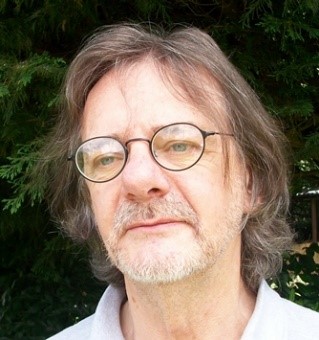
DO YOU OR YOUR FAMILY NEED HELP WITH AUTISM SPECTRUM CONDITION (ASC)?
It may be because…
-
-
- You, your child or a family member have been diagnosed with ASC.
- You have had a ‘positive’ result from a test you have taken online or from a publication.
- You, your child or other family member have difficulties that sound like they may be due to ASC.
-
Diagnosing ASC
Firstly, if you do not yet have a proper diagnosis it is worth knowing that accurate diagnosis of ASC is very difficult because there are other behavioural and social development disorders that can be confused with it, for instance: ADHD, Hypersensitivity, Dyslexia, Dyspraxia, Sensory Processing Disorder and so forth.
‘Official’ Medical diagnosis is generally carried out through the NHS. However there is, at present a TWO-YEAR WAITING LIST just for a diagnosis.
There is no ‘cure’ for ASC as it is not an illness and the NHS offers very little post-diagnostic support.
With or without a proper diagnosis, the only medication you might receive is from your GP to help you to cope with the anxiety and depression that frequently accompanies it. You may also be offered counselling from a private practitioner but nothing more.
Milestones is here to help:
It comes in two main forms:
1) Professional Assessments (it may not be ASC!).
Diagnosis or Professional Assessment?
As it is ruled that only the NHS can give a ‘diagnosis’ of ASC we cannot give you an official diagnosis, although the NHS diagnosis is carried out by private organisations like ourselves and frequently with less qualified staff and without the benefit of the very latest research on the subject, two major factors which are deemed very important by Milestones.
Why Professional Assessment?
Despite not carrying the title ‘diagnosis’, our expert Professional Assessment may prevent you from joining a long queue that might lead to nothing or prevent you from receiving the wrong treatment or support or simply help you to understand with what you are dealing. Having said that, our assessment reports have been accepted by schools, employers and public bodies, possibly due to their comprehensive, highly detailed and clearly professional basis.
Why are Milestones Professional Assessments special?
Our Professional Assessments are possibly unique in that they cover a wider range of developmental and behavioural disorders than just ASC. If ASC is not indicated, the report you receive will tell you if there is another disorder present or if you have ASC together with another disorder (which is very common). This will also help you to gain an insight into your difficulties and therefore point you in the direction of what treatment, if any, you should be seeking.
What if I already have a diagnosis of ASC?
If you already have a medical diagnosis of ASC then you will not require an Assessment unless you believe that you have other disorders that are, as yet, undiagnosed.
To learn more, visit the Professional Assessments Page.
2) The Advice and Support Service.
This Service is there to help you live as ‘normally’ as possible whatever the reasons for your difficulties.
We provide expert information and counselling to help you cope with the day-to-day problems and traumas that you are experiencing whether as an Autistic person or a family and whatever the cause – whether it is ASC or some other disorder.
It is not necessary (but, we must admit, very helpful) to have had a Professional Assessment or an NHS Diagnosis before using these Services.
To learn more, visit the Advice and Support Service Page.
Milestones has something special that makes our service unique and especially able to help you.
Milestones is run by Francis Valentine Boyle.
Francis was born with Asperger’s Syndrome a diagnostic subtype of Autism Spectrum Condition.
For more information please read the About Autism Spectrum Condition Page.

Francis is a Fellow and former Director of the National Association of Counsellors, Hypnotherapists and Psychotherapists. He had been a psychotherapist for over 40 years specialising in working with children and young people who had been abused or who had developmental or behavioural difficulties or who were vulnerable in other ways before joining Milestones. His patients suffered with every disorder imaginable including ASC. When it was commonly regarded as being very difficult to work with young people with ASC, Francis always wondered why he found it very little problem. His late diagnosis of ASC explained a great deal for him, not just personally but also professionally!
Therefore, although most of the practitioners who work with ASC do not have it themselves and so must work ‘objectively’, Francis has a unique ‘subjective’ insight into ASC and what it means in terms of day-to-day living.
More than that, he acts as a role model to both those who have ASC and their families; a living example of the fact that even if you have ASC you can live, like so many others (and some more famous than he) a successful and fulfilled life. Having Autistic Spectrum Disorder is not a ‘life sentence’.